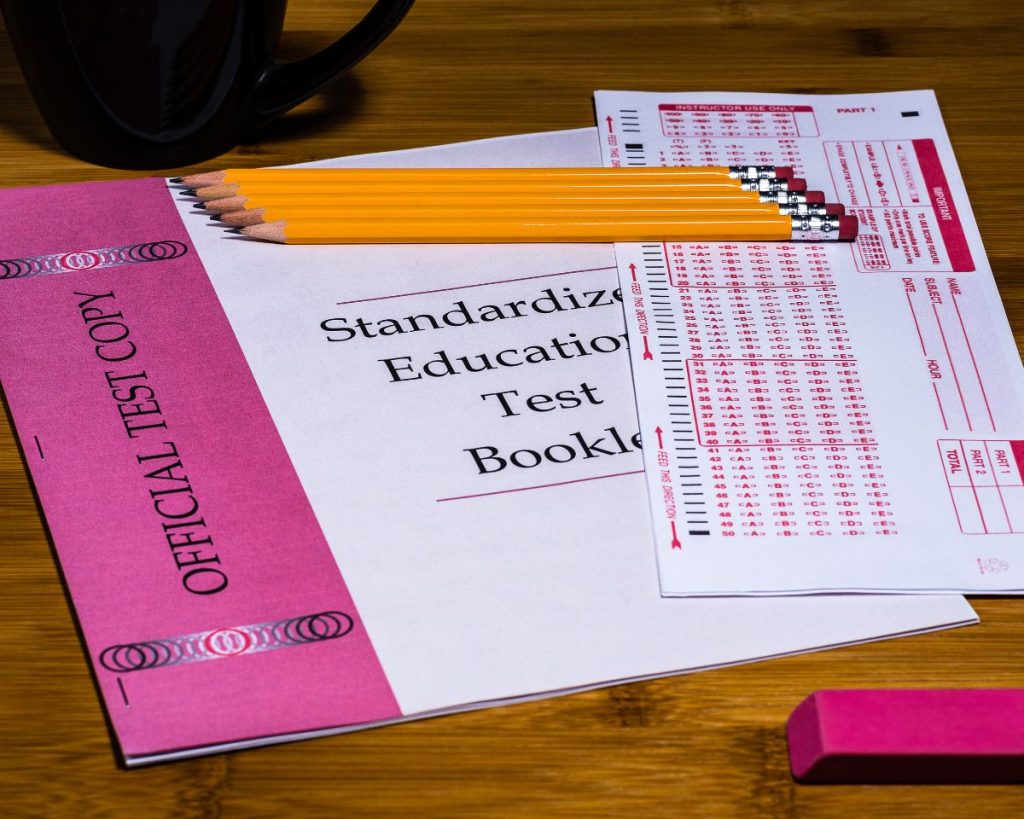“The country’s multi-decade commitment to results-based accountability for schools and students has badly eroded and may not be recoverable.”
“One might think the acute learning losses wrought by the pandemic over the past several years and our inability thus far to correct them might jar policy leaders back to school and student outcomes as the foremost goal. But that’s not happening; instead, we continue to soften.”
– Chester (Checker) Finn, writing in National Affairs magazine, winter 2024 edition
During a two-plus hour debate earlier this month about the conditions under which a struggling charter school would be allowed to keep operating, the Denver school board, and one member in particular, demonstrated how on target Finn’s assertions about the erosion of accountability are.
The debate centered on Academy 360, which Superintendent Alex Marrero recommended last year should be closed at the end of the current academic year. The pre-election school board rejected the recommendation, because the school serves a specific population with specialized programs, and, board members argued, should be given more time to show improvement.
I’m not focusing here on the merits of keeping Academy 360 open. That’s a complex and nuanced debate for another time. But a significant portion of the board and staff’s conversation focused on how to measure the school’s performance, and that’s what caught my attention.
Board member Scott Esserman argued forcefully that using Colorado’s standardized test – the Colorado Measures of Academic Success (CMAS) – as the primary driver to decide Academy 360’s fate would doom the school’s Black and Latino students to ongoing failure. Therefore, he said, Denver Public Schools should instead use other measures to evaluate the school.
Citing DPS’ commitment to dismantling “oppressive systems and structures rooted in racism,” Esserman said ongoing use of CMAS to evaluate Academy 360 would be continuing “to rely on an oppressive system and structure that ensures that Black and Latino students do not get the education that they deserve and are entitled to.”
There are a couple of glaring holes in Esserman’s logic. The most obvious one is that tests do not deliver learning; they measure it. Using CMAS, or any other test for that matter, isn’t what determines academic success. Curriculum and teaching should be Esserman’s focus.
Esserman’s other logical fallacy is that using CMAS is inherently racist and oppressive. It’s true, and has been demonstrated, that many standardized assessments have inherent biases that favor more affluent students, many of whom are white. States must continue working to eliminate those biases.
But doing away altogether with a widely administered statewide test, which allows policymakers and parents to gauge individual schools’ effectiveness compared to other schools, is to remove an instructive and useful instrument, even accounting for biases.
Esserman pushed for using instead a “growth-based” nationally normed assessment like I-Ready, used in some schools as a diagnostic tool and to inform instruction and intervention in the classroom.
Adding it to the toolkit for evaluating individual schools like Academy 360 could be useful. But it can’t replace the summative, standards-based measure that is CMAS.
It’s worth remembering that Esserman was a member of the school board that dragged its feet on creating an accountability tool for the district, after eliminating the old School Performance Framework, in part because its use of CMAS as one among many performance measures.
Fortunately, a local advocacy group, in partnership with community groups, recently released a user-friendly tool, the Mile High School Guide, taking up the slack the old board created with its incoherent, ideological decision to trash the SPF. Look for an article soon on the guide.
As Finn (a moderate Republican and federal education official during the Reagan administration) writes:
“The point of…measures (like CMAS) isn’t to punish. Amply supported by studies that demonstrate their efficacy, their purpose is to ensure that students moving on to the next stage of their educations — or their lives — have learned the essentials that they will need to succeed there. If schools aren’t tough about that now, these students will run into tougher problems later.”
But Esserman was having none of it. When it became clear his amendment would fail and CMAS would still be the measure for evaluating Academy 360, he said he was “distressed, disappointed, and unhappy.”
“Talking about whether or not we assess each school equally, is not equity. Denver Public Schools as a system has long had an issue with equating equality and equity and confusing the two. We don’t dismantle oppressive systems by continuing to do the same things that we’ve done that have resulted in the same results that we continue to get.”
But without the tests, and disaggregated results, how would we know with certainty that certain groups of students are lagging behind and need additional resources directed their way (which is what equity means)? Is cheerleading and obfuscation the point here? It certainly seems so, at least at times.
Finn is correct in his assertion that school systems are “softening” when it comes to accountability. This is an ongoing debate worth having.
I fear that as long as board members with Esserman’s outlook continue to drive the agenda in urban schools, student success that reaches across all demographic groups will remain elusive. It’s hard to fix what you refuse to measure.




